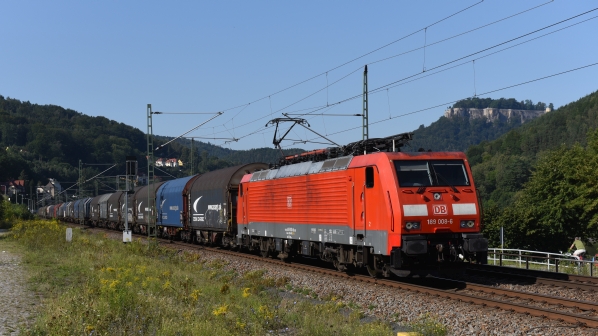The ruling is backdated to March 30 2020 and will run until December 31, and is extendable if necessary. It is at the Member States’ discretion to apply the ruling for both passenger and freight transport and they are obliged to inform the European Commission of any measures they take. Those that do will have to compensate infrastructure managers for the resulting losses the following year.
The European Council agreed its position on the matter last week with parliament voting to approve the regulation on September 17. The European Commission (EC) put forward the policy proposal in June.
“These targeted emergency rules are designed to ensure the continuity of rail transport by reducing the risk of Covid-19-related bankruptcies in the sector, which has been badly affected by a temporary lack of demand for transport services,” says Mr Andreas Scheuer, German federal minister for transport and digital infrastructure, and president of the Council.
“To ensure the fair treatment of operators, the relief measures will apply in a strictly neutral, economically justified and transparent way. A sustainable rail sector is key to achieving EU climate goals and ensuring connectivity across Europe, and is one of the top priorities of the German presidency.”
Welcomed
The European Rail Freight Association (ERFA) welcomed the ruling, stating that rail freight operators while continuing to transport critical goods have been hit by a 20-30% overall reduction in revenue as a result of the pandemic. The association says it is unclear if these volumes will return.
“ERFA strongly believes a waiving or reduction of track access charges is the most appropriate mechanism by which Members States can support the entire industry, as opposed to individual operators, as such measures benefit all operators equally,” the association said in a statement. “Member States now have an important tool by which to support to the rail freight sector and ERFA calls for all Member States to act proactively in implementing the provisions of this regulation.”
“We also welcome that the regulation has allocated delegated powers to the EC to extend the Regulation beyond the end of this year,” says Mr Conor Feighan, ERFA secretary general. “We do not know when this pandemic will end or what course it will take. It is therefore important that the Commission has the ability to act decisively in extended the regulation if and when required.”

